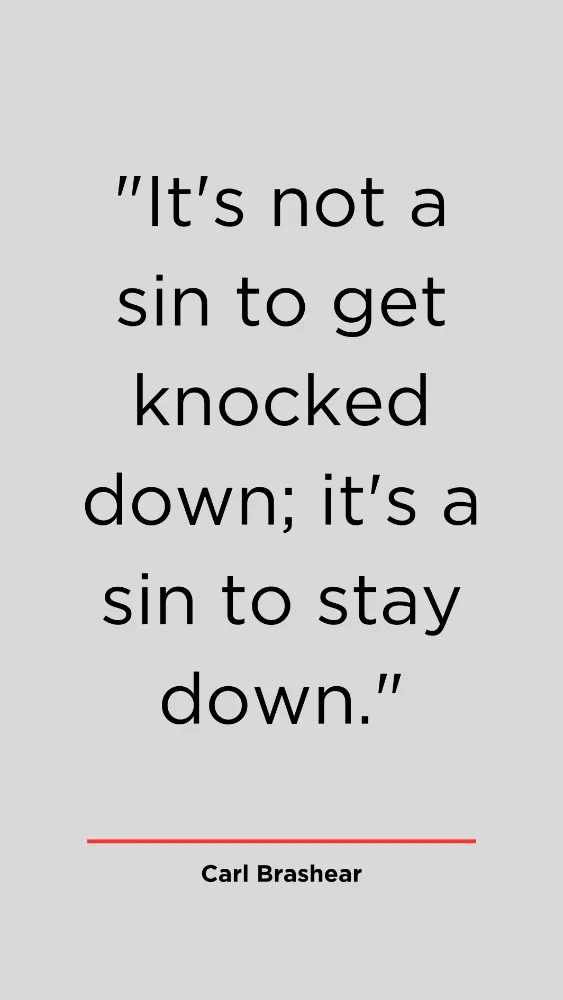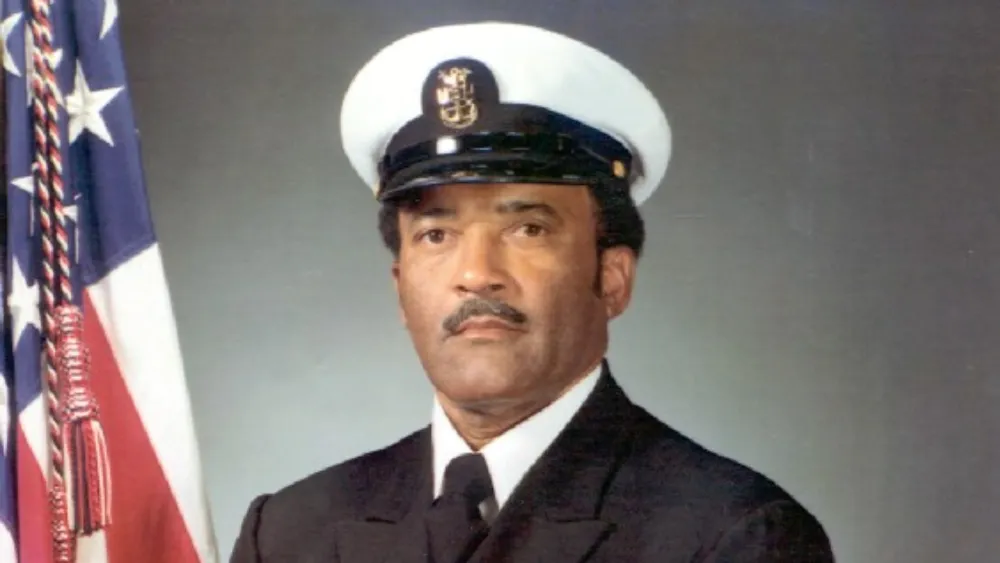When I first learned about Carl Brashear, I thought I understood what resilience meant. But I was wrong. His story didn’t just inspire me—it challenged me to reevaluate my limits, my sense of grit. As a veteran myself, I’ve seen courage on the battlefield. Still, Brashear’s fight lasted a lifetime—against racism, against doubt, against physical limitations—and he fought it with nothing but raw determination and pride.
The Early Struggles of a Navy Dreamer
Carl Brashear was born in 1931 in Tonieville, Kentucky, during the height of segregation. For many Black Americans, especially those growing up in poverty, the U.S. Navy offered the promise of a steady job, but only as a steward or mess attendant. That’s where Brashear began. But that wasn’t where he would end.
His dream wasn’t just to serve. He wanted to dive.
At that time, diving was one of the most exclusive roles in the Navy—physically grueling, mentally taxing, and entirely dominated by white men. But Carl pushed through every closed door. He faced instructors who humiliated him, superiors who tried to break him, and peers who saw him as a threat to the status quo. But nothing deterred him. He became the first African American to graduate from the U.S. Navy Diving & Salvage School in 1954.
The Day Everything Changed
In 1966, during a mission to recover a nuclear bomb off the coast of Spain, Carl was severely injured by a falling steel pipe. The damage to his left leg was catastrophic. Doctors tried to save it, but infection set in.
Carl made a bold decision: he asked them to amputate his leg so he could focus on recovery and return to diving. Think about that for a second—not just accepting the loss of a limb, but demanding it, because staying on the sidelines wasn’t an option.
The Navy didn’t expect him to return to duty. Most assumed his career was over.
But Carl Brashear didn’t just return—he requalified as a Navy diver with a prosthetic leg, something no one had ever done before. In 1970, he became the first African American U.S. Navy Master Diver, the highest rank in the field.

Lessons for Veterans Like Me
Carl’s story resonates deeply with those of us who’ve worn the uniform. Whether you served in combat zones or behind the lines, we all know the pain of being underestimated. We’ve all carried the weight of expectations, some of them unfair. Carl didn’t just carry that weight—he walked, swam, and dove with it, often literally.
He dealt with the kind of institutional resistance that many of us recognize: doubters who said, “You don’t belong here.” Racism that wasn’t always loud, but was ever-present. And later, the added stigma of disability.
But Carl kept showing up. He kept proving them wrong. Every damn day.
A Legacy Forged Under Pressure
By the time he retired in 1979, Carl Brashear had served in the Navy for 31 years. His story became widely known after the release of Men of Honor in 2000, where Cuba Gooding Jr portrayed him. The film dramatized his fight to be reinstated as a diver after his amputation—but even Hollywood couldn’t capture the full extent of his perseverance.
He passed away in 2006, but his legacy lives on—in diving schools, in Navy training programs, in museums, and most importantly, in the hearts of veterans like us.
Today, the U.S. Navy honors him with the USNS Carl Brashear (T-AKE-7), a Lewis and Clark-class dry cargo ship. That name isn’t just a tribute—it’s a reminder to every sailor, soldier, Marine, and airman that resilience is stronger than rank.
What Carl Taught Me
What stays with me most about Carl Brashear isn’t just his triumphs—though they were monumental. It’s the quiet parts of his journey:
The racism he endured without losing his dignity.
The pain he embraced to return to duty.
The battles he fought, not with weapons, but with pure will.
As veterans, we all have scars—some visible, some not. Carl’s story reminds us that scars aren’t signs of weakness. They’re signs that we survived—and that we can still rise, again and again.
A Hero for Every Generation
Carl Brashear’s life isn’t just a tale from military history. It’s a blueprint for every person who’s ever been told, “You can’t.” His perseverance, his discipline, and his quiet defiance of injustice speak louder than medals or citations ever could.
He wasn’t just a Navy diver.
He was a warrior.
And like every true warrior, he didn’t fight for glory. He fought because quitting simply wasn’t in his nature. If you’ve ever struggled with doubt, discrimination, injury, or loss, remember Carl Brashear.
He didn’t let the world define his limits. And neither should you.











